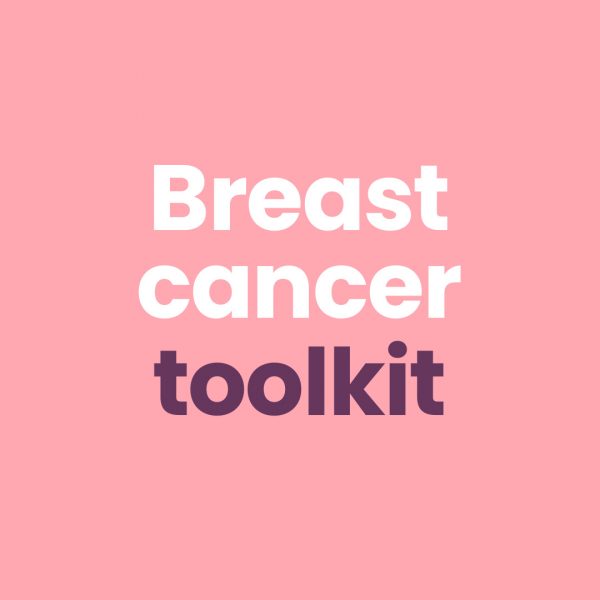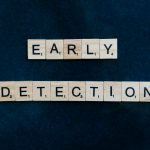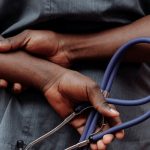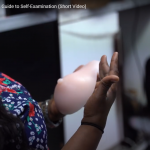Becoming a blood donor
Giving blood is the most rewarding thing that you can do in your life, to save another person’s life. Yet, blood donations are becoming an urgent priority across the BAME community.
To get the best treatment, patients need blood that is closely matched to their own. This is most likely to come from a donor of the same ethnicity. Yet only 1% of current blood donors are black in the UK – that’s 11,400 people.
There are some blood groups such as O Rh positive and B Rh positive which are more common among Black, Asian and Minority Ethnic groups and then there are rare blood types that can only be found among BAME populations.
Donations are vital to ensuring that patients always get the treatment they need.
NHS Blood and Transplant’s call for people to become a blood donor comes periodically during the year because blood stocks fluctuate but it is particularly important that O Rh Negative and B Rh Negative blood donors and platelet donors continue donating.
In general, as long as you are fit and healthy, weigh over 7 stone 12 lbs (50kg) and are aged between 17 and 66 (up to 70 if you have given blood before) you should be able to give blood. If you are over 70, you need to have given blood in the last two years to continue donating.
For more information or to book an appointment visit here or call 0300 123 23 23.
Read why black donors are needed
Giving blood for the first time
You can register if you are giving blood for the first time. Visit here for more details. Recruiting more black donors will improve the lives of blood cancer patients and reduce pressures on blood stocks.
Stem cell and bone marrow donations
Blood cancer patients are often treated with stem cell and bone marrow donations. For someone diagnosed with blood cancer, a blood stem cell donation from a matching donor could be their last chance of survival. But you can register as a potential blood stem cell donor to go on standby to save a life.
Joel’s story
Joel Esan was a young, healthy 16-year-old, who played football regularly and enjoyed gaming with his friends. But in November 2018, he went to the doctors due to experiencing shortness of breath, random aching joints, a high temperature and fatigue. And four days later, Joel was admitted to hospital. After several blood transfusions, days of blood tests and a bone marrow biopsy, Joel was diagnosed with a rare type of leukaemia called Acute Leukaemia of Ambiguous Lineage (ALAL).
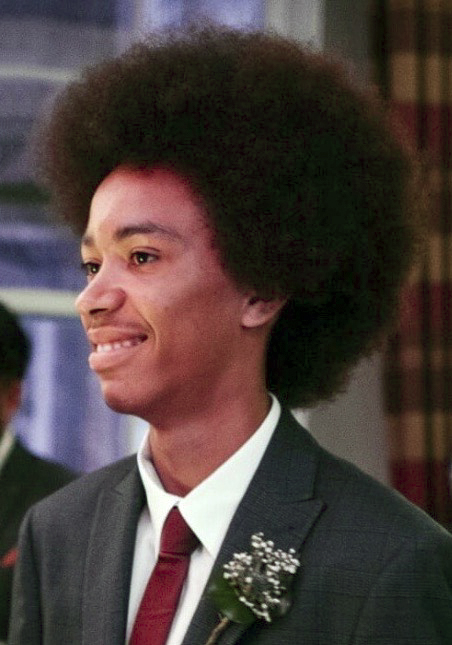
Following his diagnosis, Joel bravely faced a total of four rounds of chemotherapy, a course of radiotherapy and a stem cell transplant; as this is the preferred treatment and the best chance of survival.
Being from the Black, Asian, Minority Ethnic community (BAME), Joel was unable to find a perfect match for his stem cell transplant and had to settle for a 50% match from his mum. This is the case for many BAME patients, as they have only a 20% chance of finding a match, whereas white Europeans have a 70% chance.
Despite not having a full match, Joel’s strength saw him through to remission, allowing him to return home and continue with his life.
Unfortunately, in January 2020 the leukaemia returned, meaning another round of chemotherapy. Again, Joel fought incredibly hard and managed to beat this disease a second time. However, three months later in April, Joel and his family received the devastating news that the cancer had returned and that no further treatment would help cure Joel of the disease. Sadly, three weeks before his 18th birthday, Joel lost his battle with leukaemia and passed away at home on 14 June 2020.
Joel’s family are now trying to raise awareness about the desperate need for more BAME donors to sign up to the bone marrow register; as this would have increased the chances of finding a 100 per cent full match donor for Joel, which could have saved his life.


